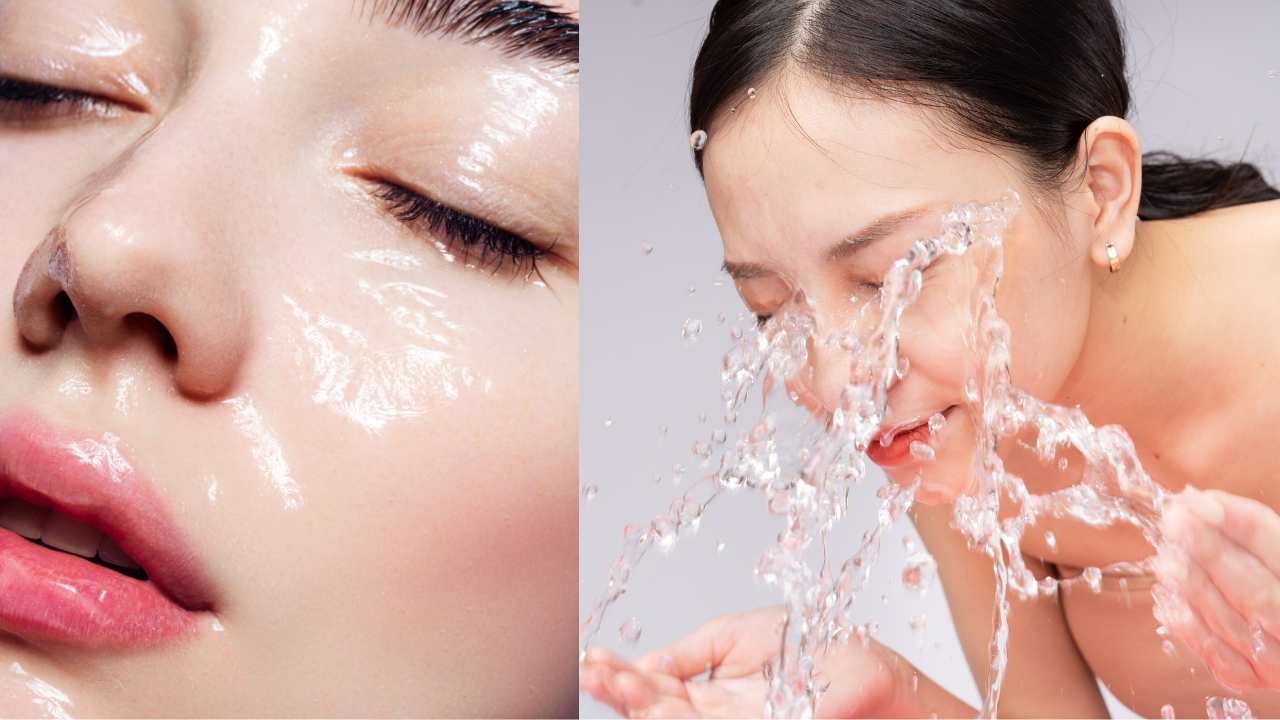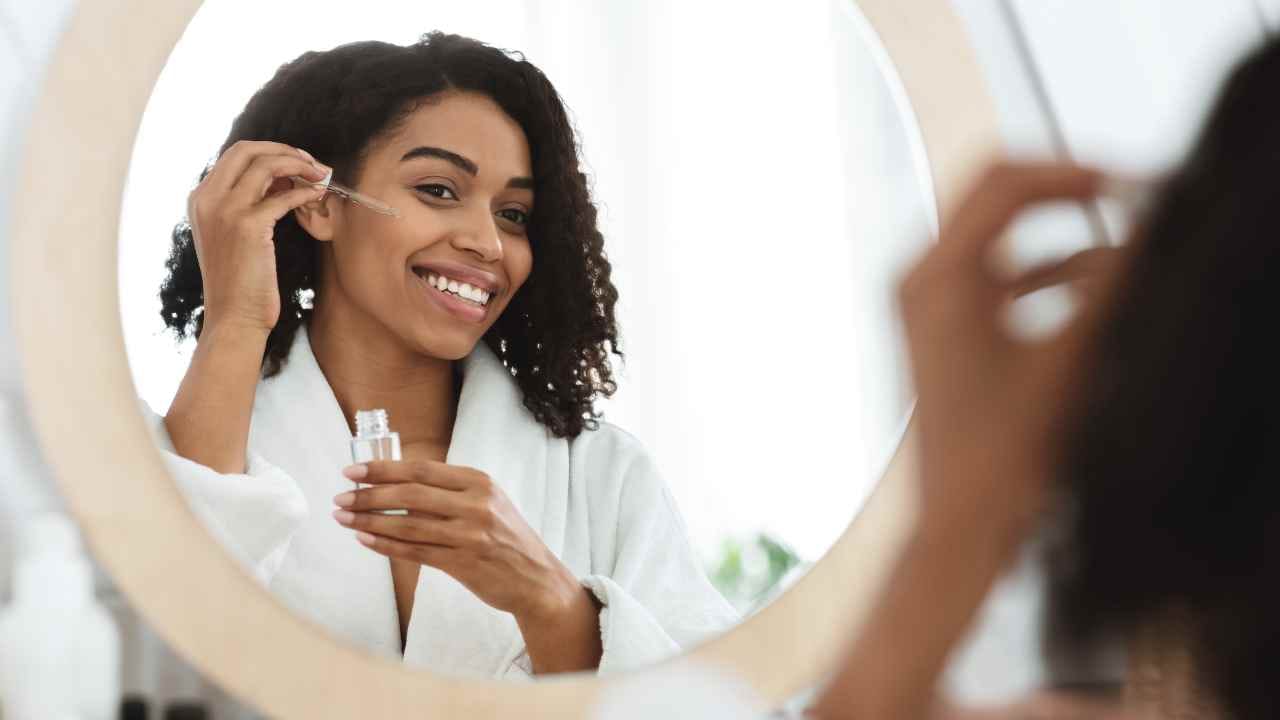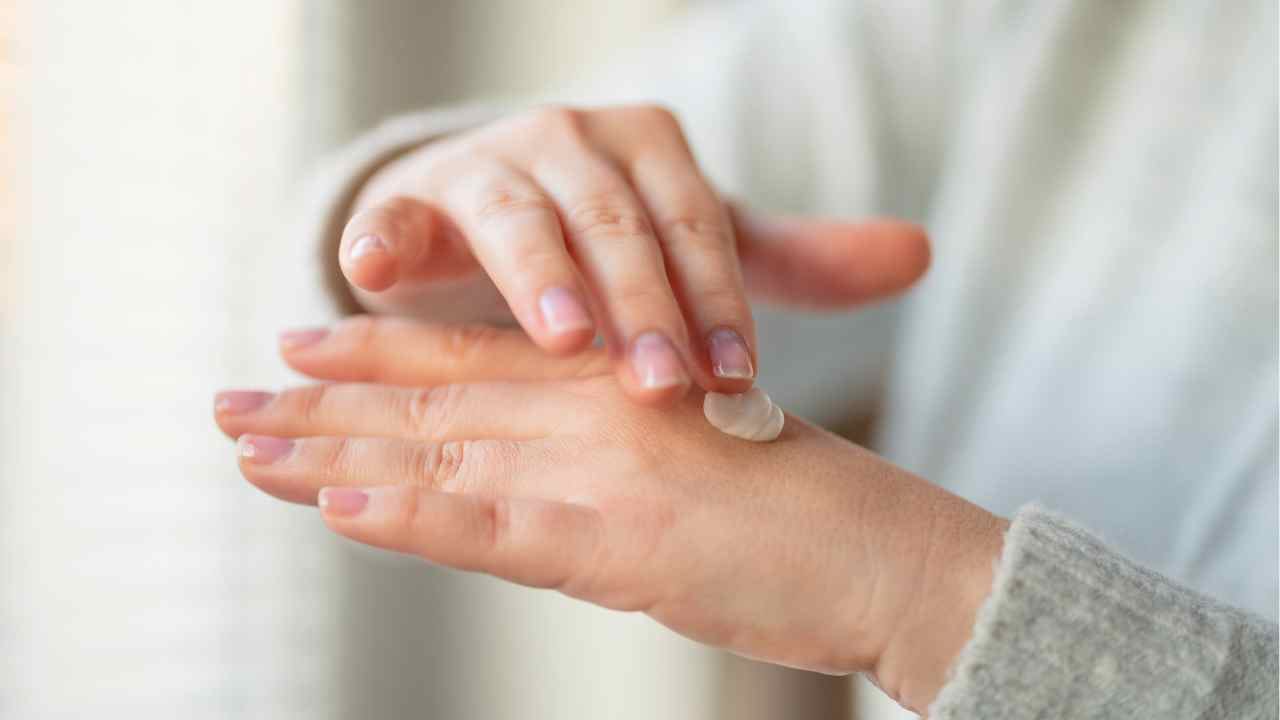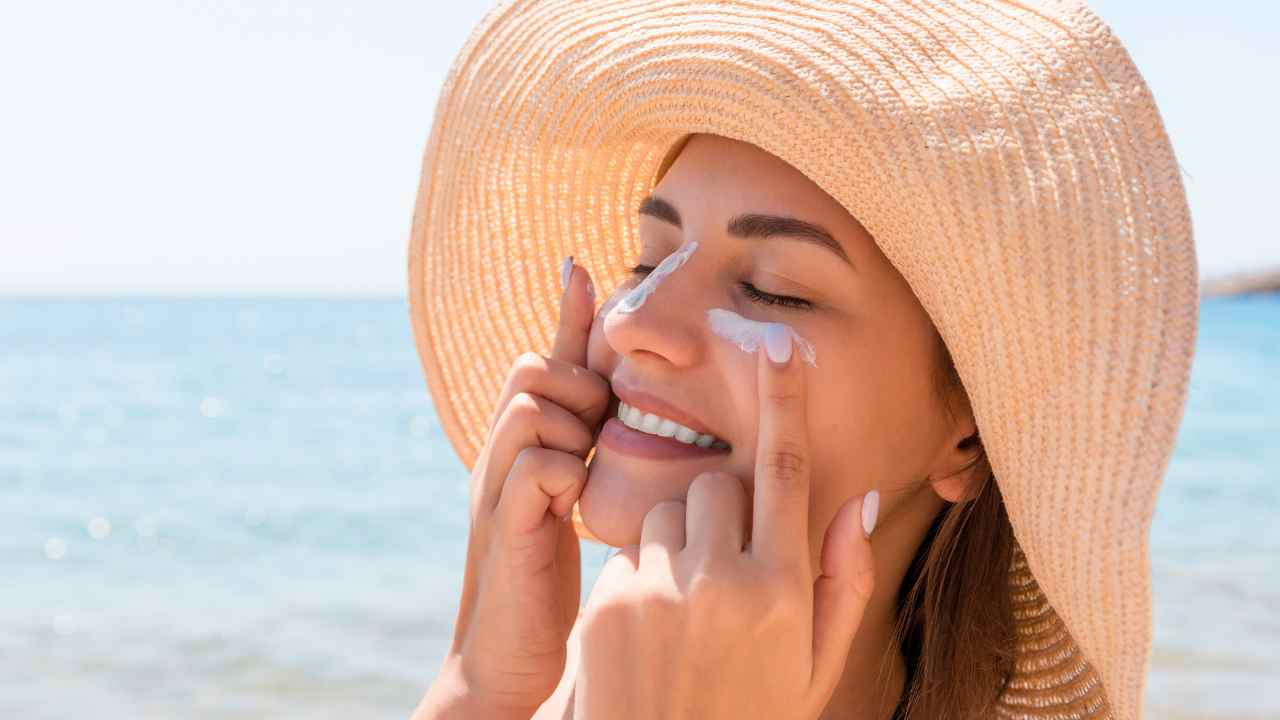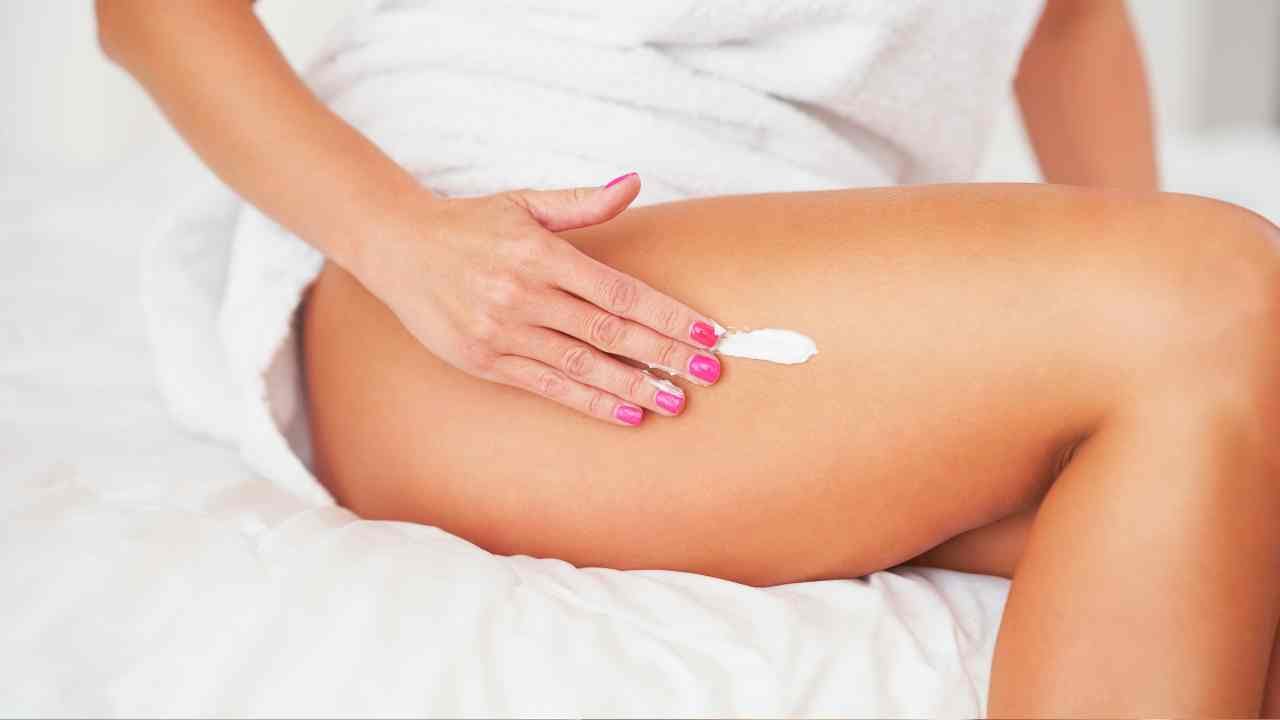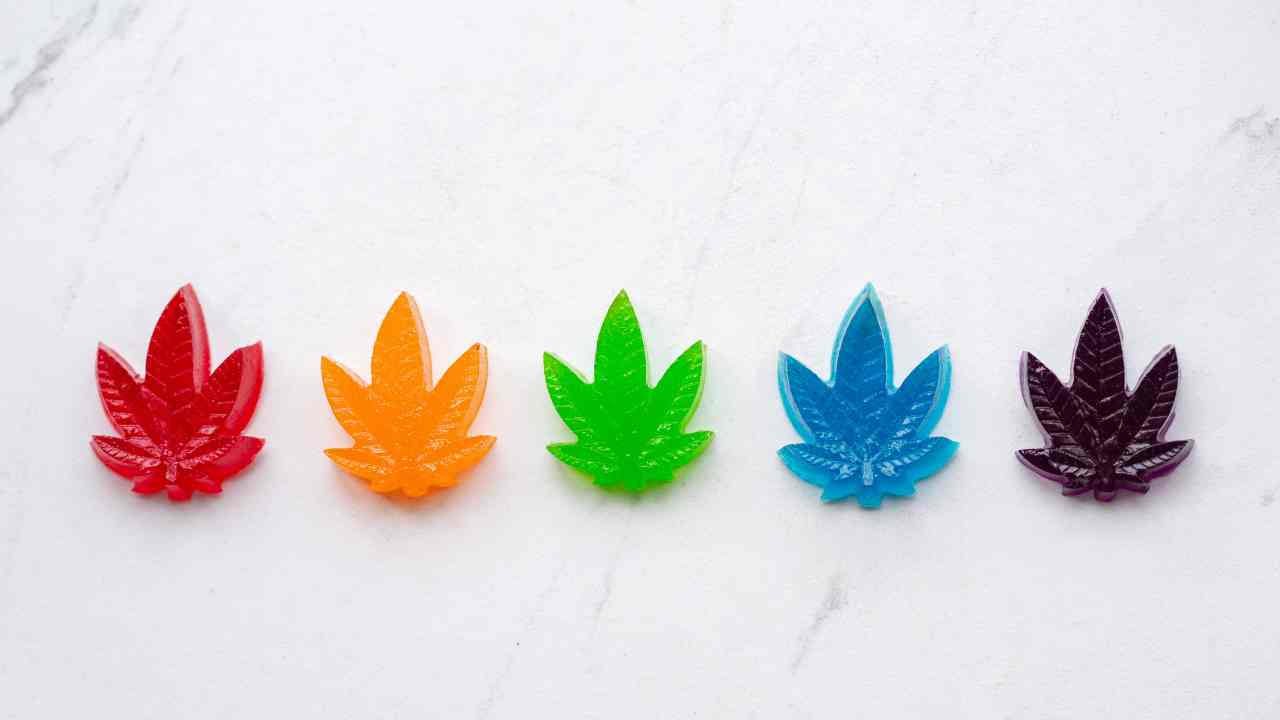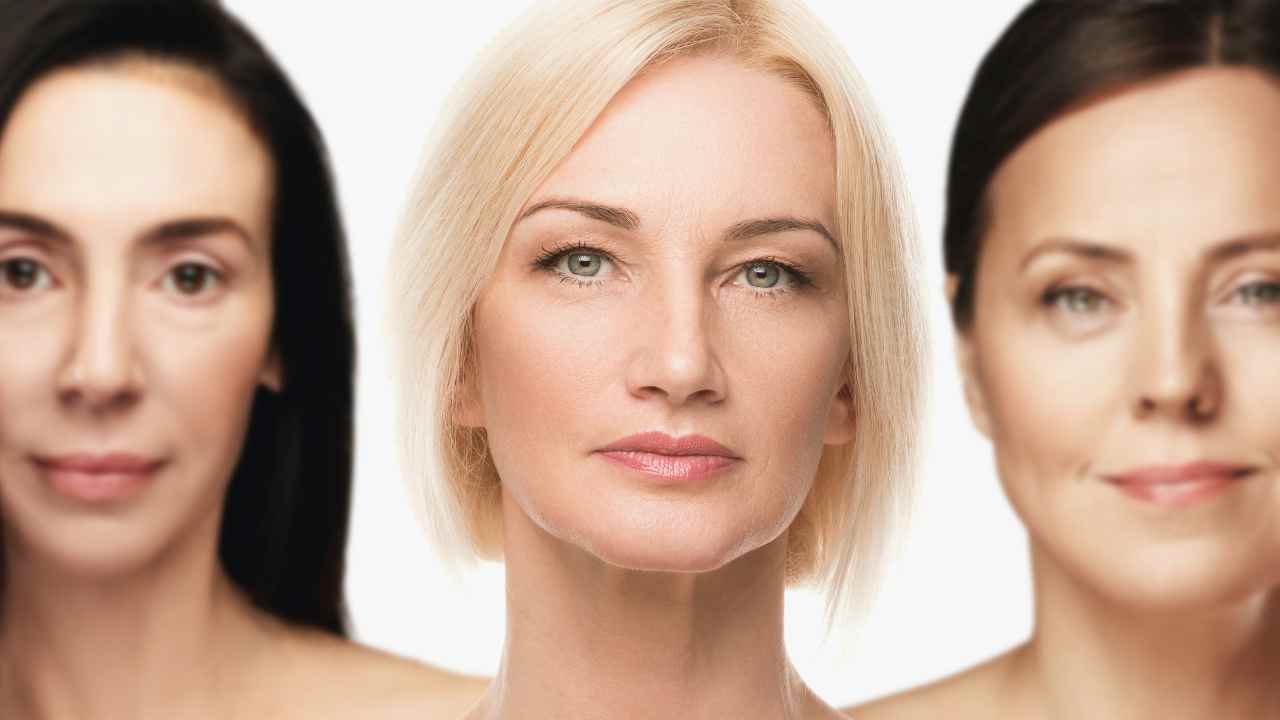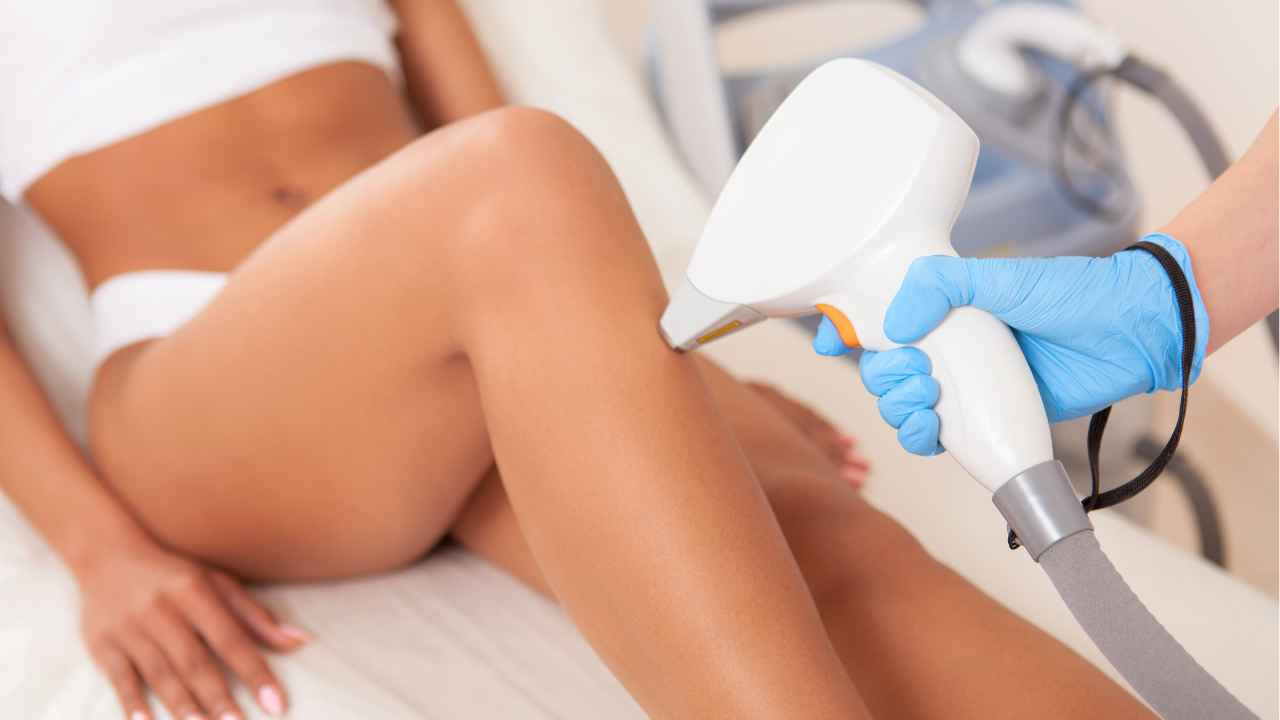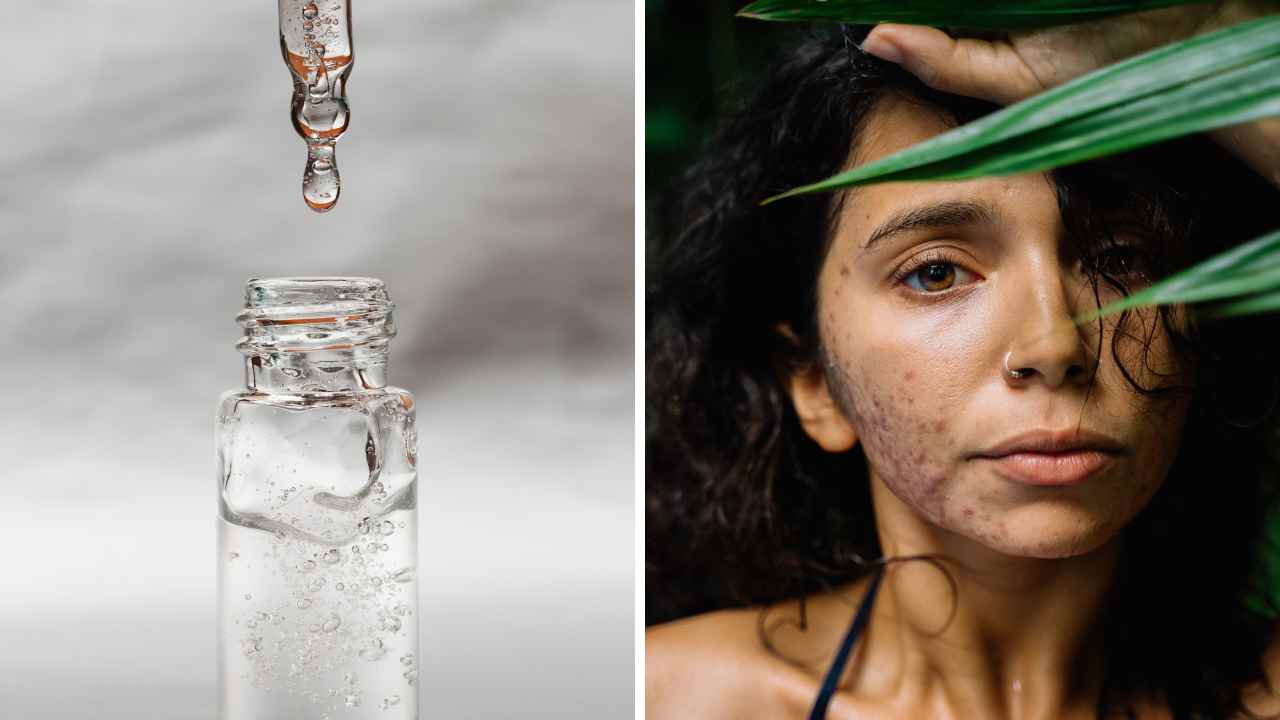
Is Hyaluronic Acid Good for Acne Prone Skin & Why?
You might feel like you've heard it all when it comes to finding the best treatments and products for acne prone skin. From getting a prescription from your doctor, trying out expensive facial masks, or home remedies - there's no shortage of ideas on how to tackle breakouts.
But have you ever considered adding topical hyaluronic acid into your daily skincare routine? This magical ingredient is quickly becoming one of the most popular options among beauty fanatics due its versatility and amazing benefits for all types of skin, including those with acne.
Keep reading to find out why hyaluronic acid is such an awesome option. But, before delving into the impact of hyaluronic acid serums on acne, let's briefly understand the underlying causes of acne.
What is Causing Your Acne?
Acne is one of the most common skin conditions, affecting many people around the world. While there are many possible causes, some of the primary ones are clogged pores, excess oil production, hormones, genetics, or certain medications.
Clogged pores occur when dead skin cells and natural oils from oily skin combine with dirt, sweat and bacteria from everyday activities like touching your face or wearing makeup without washing it off properly.
This combination can cause an inflammatory response that leads to acne breakouts as well as a buildup of bacteria inside these blocked pores which can lead to redness and bumps.
Excess oil production can also contribute to acne formation by providing an additional source of fuel for bacteria.
Hormonal changes during puberty or pregnancy may increase levels of naturally occurring oils on the skin that contribute to clogging pores more quickly resulting in breakouts.
Also genetics play a major role in causing acne; if your parents had issues with blemishes then you will be more susceptible also due to their shared genes!
Finally certain medications such as steroids may cause increased sensitivity within your skin leading to inflammation and ultimately furthering acne formation!
Overall no matter what is causing it (or any other skin condition) its important for us all to take care of our faces by keeping skin hydrated, applying non-comedogenic products, limiting excessive touching, squeezing, picking at blemishes and using gentle cleansers free from harsh irritants!

Why Try Hyaluronic Acid?
1. Intense Hydration: Hyaluronic acid is renowned for its exceptional hydrating properties. Hyaluronic acid draws moisture and has the ability to hold up to 1,000 times its weight in water, making it a powerful moisturizing agent.
Acne-prone skin often suffers from dehydration due to the use of drying acne treatments. Hyaluronic acid helps restore moisture balance by attracting and retaining water within the skin, keeping it hydrated without clogging the pores.
2. Non-Comedogenic Nature: One of the significant advantages of hyaluronic acid is its non-comedogenic nature, meaning it does not clog the pores. This property is essential for individuals with acne-prone skin, as it helps prevent further breakouts and congestion.
Hyaluronic acid provides hydration without adding any additional oil to the skin, making it suitable for all skin types.
3. Skin Barrier Support: Acne-prone skin often has a compromised skin barrier, leading to increased sensitivity and moisture loss. Hyaluronic acid helps fortify the skin's natural barrier by reducing transepidermal water loss and enhancing moisture retention.
This strengthens the skin's protective function and improves its resilience against external aggressors, reducing the risk of further acne flare-ups.
4. Soothing and Calming Properties: Inflammation is a common characteristic of acne-prone skin. Hyaluronic acid possesses soothing and calming properties that can help reduce redness and inflammation associated with acne. By calming the skin, it promotes a healthier and more balanced complexion.
5. Improved Texture and Acne Scarring: Acne can often leave behind scars and uneven texture. Hyaluronic acid has the potential to improve the skin's texture and appearance by promoting cell regeneration and collagen production. This can contribute to the fading of acne scars, leading to a smoother and more even skin tone.
Jackie Dymond, an esthetician, explains why you should be using hyaluronic acid for your acne-prone skin.
@jackiedymondskin Why you should use HA 💦 @theinkeylist #skincare #oilyskin #theinkeylist
♬ Lo - Official Sound Studio
How to Add Hyaluronic Acid to Your Skincare Routine
Now that you understand the benefits of hyaluronic acid for acne-prone skin, let's talk about how to incorporate it into your skincare routine effectively:
1. Choose the Right Product: Look for serums or moisturizers that contain hyaluronic acid as a key ingredient. Opt for products that are specifically formulated for acne-prone skin and free from potential irritants.
2. Cleanse and Exfoliate: Start with a gentle cleanser to remove impurities and excess oil from the skin. Exfoliating regularly with a chemical exfoliant containing ingredients like salicylic acid can help unclog pores and enhance the absorption of hyaluronic acid.
3. Apply Hyaluronic Acid Serum: After cleansing and exfoliating, apply a few drops of hyaluronic acid serum onto clean, damp skin. Gently massage it in upward motions to ensure even distribution and maximum absorption.
4. Moisturize: Follow the hyaluronic acid serum with a lightweight, non-comedogenic moisturizer to seal in the hydration. This will help create a protective barrier and further enhance the benefits of hyaluronic acid.
5. Sun Protection: Finish your routine with a broad-spectrum sunscreen with an SPF of 30 or higher. Sun protection is crucial to prevent further skin damage and protect the skin from harmful UV rays, which can exacerbate acne.
6. Keep in mind that everyone's skin is different. Just because many people have found this ingredient helpful, doesn't guarantee it will work for you. It's always a good idea to check in with your dermatologist before making any adjustments to your skincare regimen.
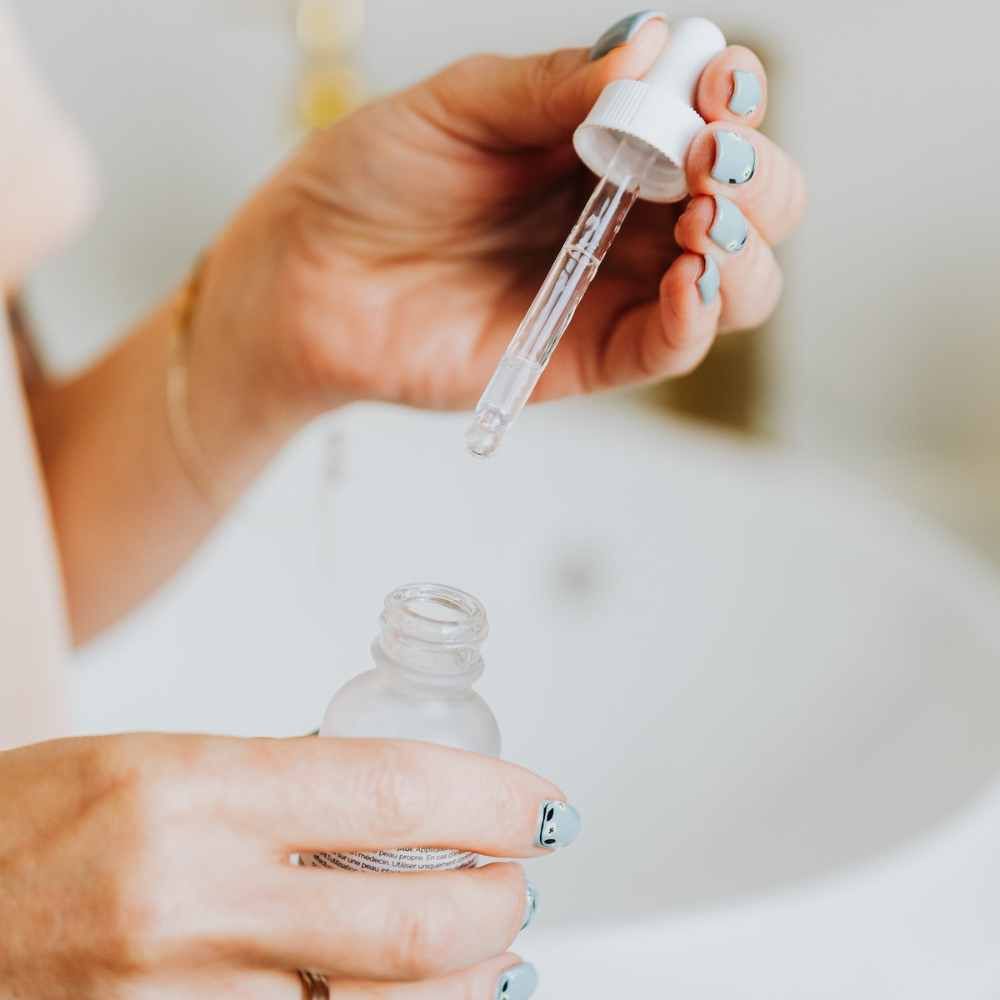
Healed & Hydrated with Hyaluronic Acid
From smoothing inflammation and providing intense hydration to naturally improving texture and fading acne scars, hyaluronic acid is an absolute powerhouse when it comes to maintaining healthy, acne-prone skin.
So don’t be afraid to put down your harsh chemical exfoliators and start incorporating a bit of hyaluronic acid into your regimen.
To reap the best results, try both topical and ingestible forms; this way you can experience the full suite of benefits that this amazing component offers.
By giving hyaluronic acid a chance to work its wonders, you’ll soon find yourself with a softer complexion, more balanced skin tone, and an all-around healthier appearance.



